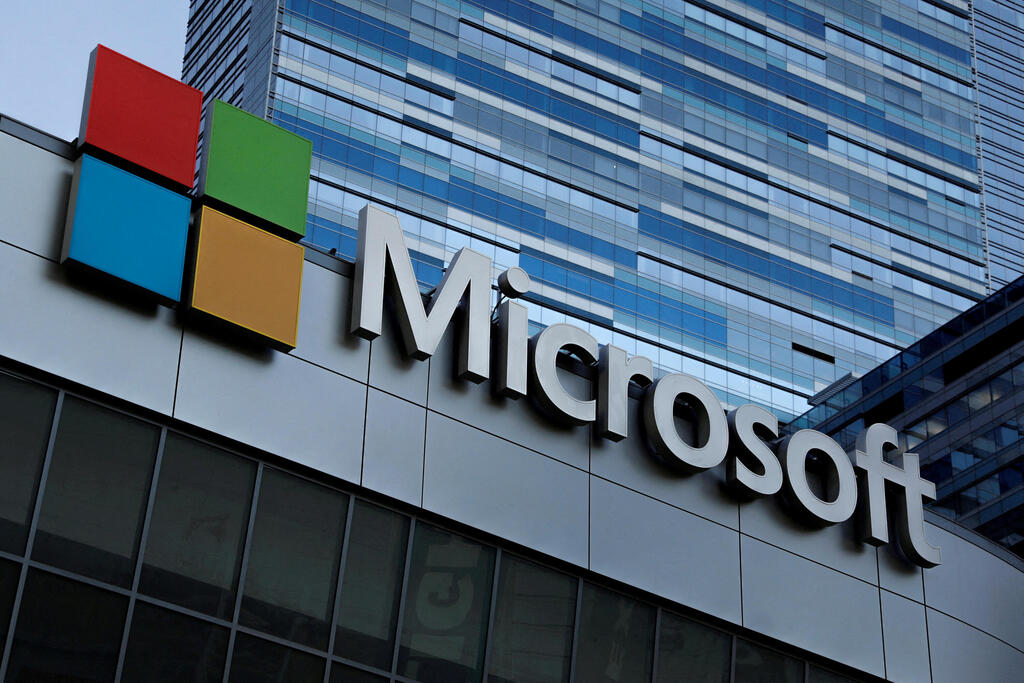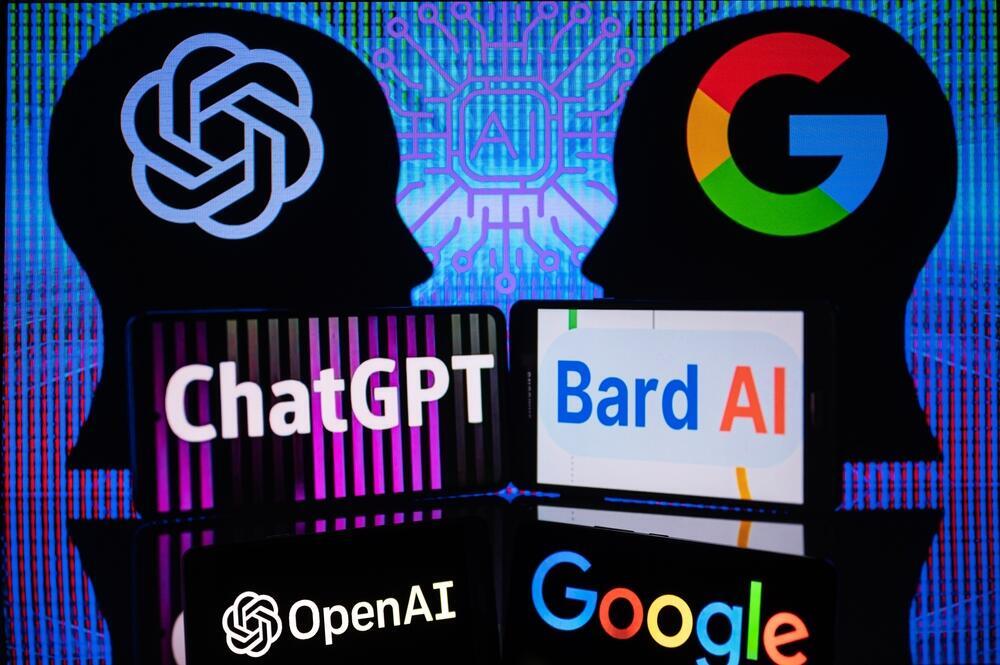Microsoft is exploring how to reduce the operational costs of its data centers and recently posted a job description for a nuclear expert to lead its nuclear energy strategy. This involves using a new generation of nuclear reactors, unlike those that caused disasters like Chernobyl and Fukushima.
More stories:
The future nuclear reactors, known as small modular reactors (SMRs), are designed to replace the large and cumbersome reactors used in the past. For Microsoft, these reactors could be the most efficient solution for generating cheap and environmentally friendly energy.
One of the main culprits in Microsoft's electricity consumption issues, aside from the war in Ukraine, is ChatGPT - OpenAI's artificial intelligence chatbot which Microsoft has partnered with.
Operating artificial intelligence APIs requires an enormous amount of computing power, and requires highly advanced computers running 24 hours a day all year round, leading to heavy expenses.
To put it into perspective, the average computer processor consumes between 25 watts and 50 watts of electricity, roughly equivalent to three LED light bulbs. Training a modern artificial intelligence model created over the past year requires about half a million kilowatts per hour.
In comparison, an average family consumes around 10,000 kilowatts per hour. This means that training a single AI model for a month can consume electricity equivalent to a small town’s yearly consumption.
This costs a tremendous amount of money and, as artificial intelligence becomes more widespread, the demands on data centers and high-performance computing resources will continue to grow.
Beyond the operational costs of data centers and the servers they contain, this also puts a significant strain on Microsoft's carbon footprint, which could potentially lead the company to incur penalties.
Clean energy alone isn't enough to address the energy consumption of AI. To generate as much electricity as a single nuclear power plant, you'd need about 500 wind turbines, for example. Despite the potential radioactive waste concerns, nuclear energy is still a relatively efficient solution in this regard.
Microsoft isn’t alone in this endeavor. Sam Altman, OpenAI’s CEO, is also exploring possible solutions. Altman invested in a company called Helion, which is developing nuclear fusion technology, a field experts believe will take several more decades to develop.
Microsoft's co-founder Bill Gates leads TerraPower, an incubator for SMR startups. It seems the transition to nuclear energy may be the most efficient solution today in order to meet humanity’s growing demand for AI.
From this perspective, Microsoft is already trying to march ahead of the curve, much like when it invested billions in artificial intelligence or when it launched its cloud computing system 20 years ago.



